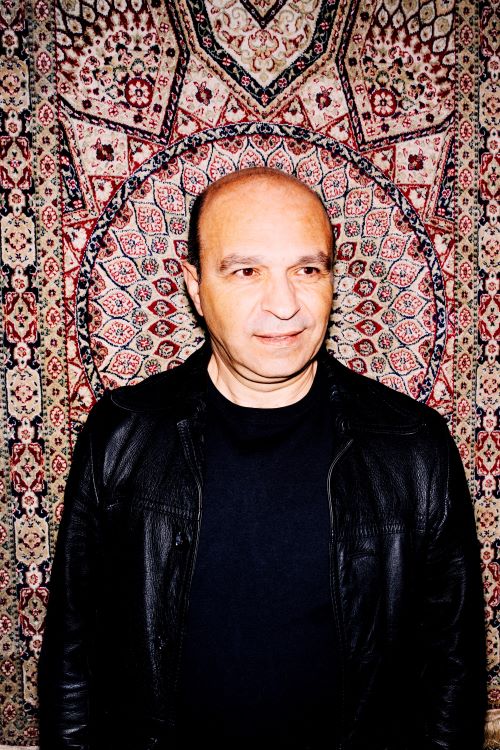Ata Canani
(born 1963 in Kahramanmaraş, Turkey)
"At the end of the day, it's all about one thing: all people on earth, everyone wants to be happy!"
Ozan Ata Canani is a Turkish-German musician who gave a voice to Gastarbeiter (limited-term foreign labourers) in Germany. From childhood, Canani composed and played his own songs in the family circle and at weddings. His father found employment in 1971 as a Gastarbeiter in a welding shop, and gave his son a bağlama (long-necked lute) to spark enthusiasm for the move to Germany. The then eleven-year-old struggled at first, but the musical prodigy was soon to establish the genre of Turkish rock’n’roll sung in German. His lyrics reflect the social and financial exploitation and discrimination of Gastarbeiter living in Germany. Summoned as “cheap labour”, their period of residence was nonetheless linked to the expectation that they would return to their home countries after their work was completed. Graffiti such as “Ausländer raus!” (Foreigners out!) and “Türken verboten!” (Turks banned!) clarified this attitude and became the fuel for Ata Canani’s best-known song “Deutsche Freunde” (German Friends), with which he addressed the politicians in Bonn. “Geteilt in zwei Welten” (Divided into two worlds) appears in the lyrics of the last verse; he continues with “Ich bin Ata und frage euch, wo wir jetzt hingehören” (I am Ata and ask you where we belong now). The recording, sold in cassette form and only in Turkish shops, as well as his other musical oeuvre, did not enjoy popularity with the broader German public at the time. It was not until 2013, when Imran Ayata and Bülent Kullukcu released the compilation Songs of Gastarbeiter, that Ata Canani and his work received their long overdue appreciation. He released his debut album Warte mein Land, warte (Eng.: Wait, My Country, Wait) in 2021—with a delay of about forty years.
* https://deutschlandlieder.de (10.3.2023).

